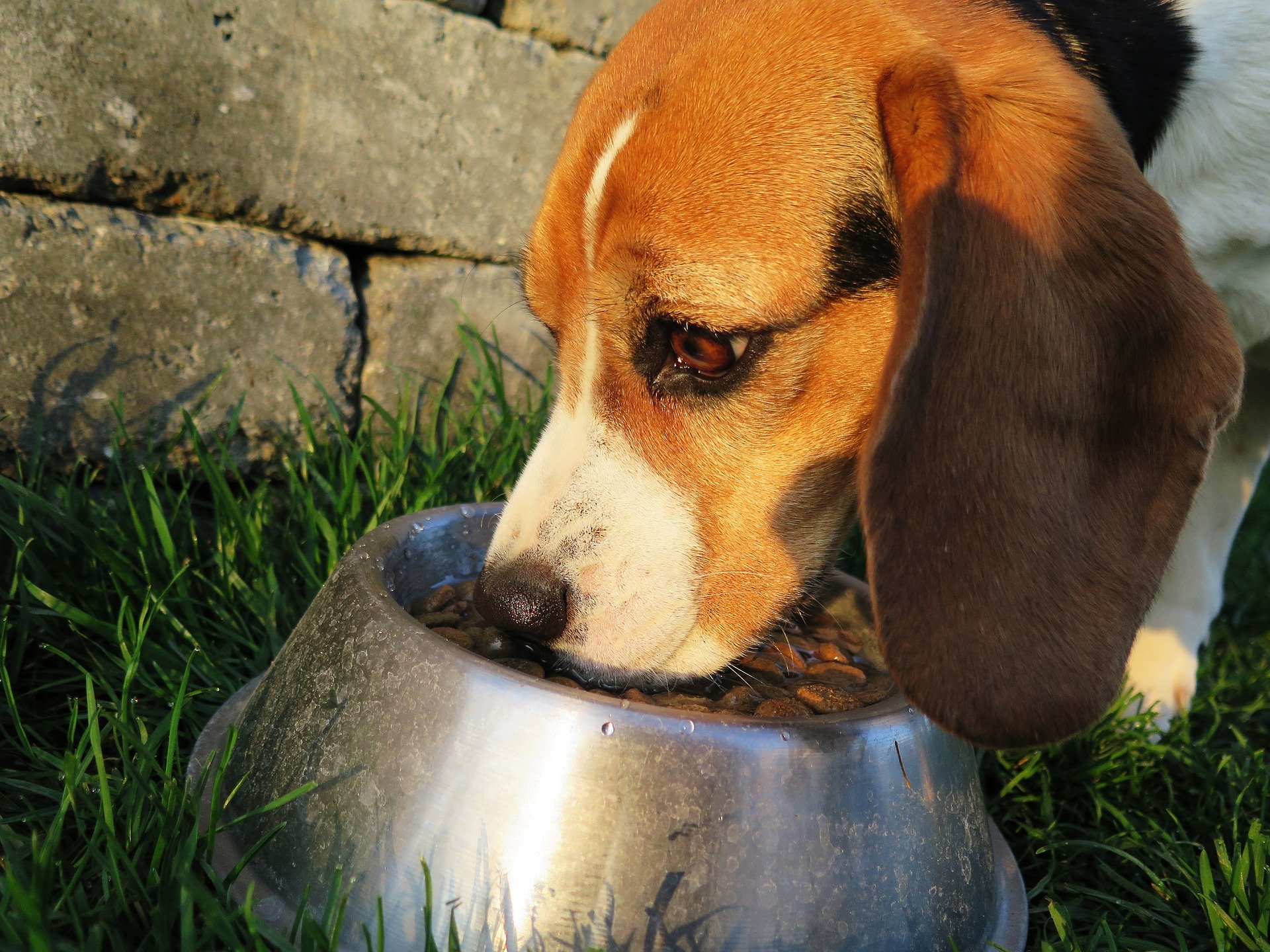Is Your Dog Getting Enough Protein? This Is Important
You can look at the label of your dog food in order to understand where the protein comes from. There are many types of protein available for both animals and humans, so you want to understand what exactly is in your dog food. The protein may be sourced from a combination of animal proteins (like chicken, beef, or lamb) and plant food (including wheat, corn, and rice).
It’s important to understand that each type of protein has its own characteristics. We recommend beef or lamb ingredients for most healthy dogs, though any dog recovering from surgery or illness may benefit from a chicken-based diet. Fish foods are probably not a good idea since they are higher in protein and can make your dog’s kidneys work excessively.
Identify Protein Source
It’s easy to identify the source of protein in your dog food package because it will be one of the first items listed on the label. The law requires that the primary ingredient (that which occurs in the highest quantity) be listed first on the label. In this way, it’s easy to identify whether your dog’s protein is coming from grains or meat, as well as what specific types of meat and plant foods are being used.
One brand of dog food that seems to give good results (at least based on anecdotal accounts) is Muenster Natural Dog Food. Its primary protein ingredient is chicken meal, but it also has a variety of grains including corn and wheat.
Omega-3 Fatty Acids
Perhaps what is most impressive about this particular type of food is that it contains omega-3 fatty acids which are supposed to be very healthy for both humans and dogs. A friend of ours swears by this food because it has kept a golden retriever quite healthy through 14 years so far.
One thing you may want to consider is that commercial dog food which has been heated may be of lower quality. This is because the protein can change chemically and end up lacking certain amino acids (the building blocks of protein).
Also, keep in mind that your dog’s activity level will play an important role in determining just how much protein he needs. A working or sporting breed may be very active and require more animal protein than a dog who likes to spend all his time on the couch watching television with you. Of course, the exercise would still be beneficial even for this dog.


